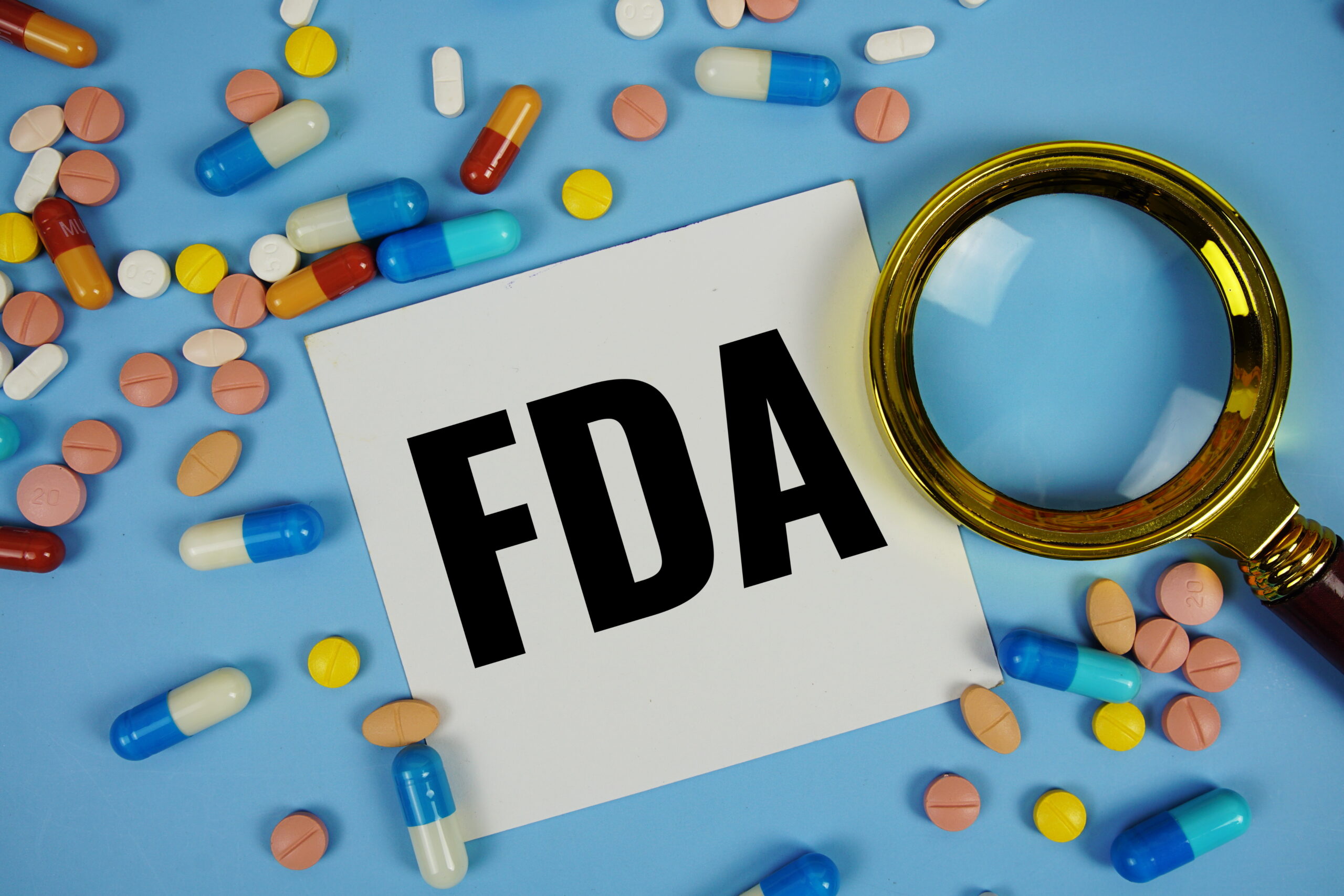The U.S. Food and Drug Administration (FDA) approved pembrolizumab and berahyaluronidase alfa-pmph (Keytruda Qlex) for subcutaneous injection for adult and pediatric (12 years and older) solid tumor indications approved for the intravenous formulation of pembrolizumab (Keytruda).
Efficacy and Safety
Efficacy was evaluated in Study MK-3475A-D77 (ClinicalTrials.gov identifier NCT05722015), a randomized, multicenter, open-label, active-controlled trial conducted in patients with treatment-naive metastatic non–small cell lung cancer (NSCLC), in whom there were no EGFR, ALK, or ROS1 genomic tumor aberrations. A total of 377 patients were randomly assigned 2:1 to receive either pembrolizumab and berahyaluronidase alfa-pmph administered subcutaneously every 6 weeks with platinum doublet chemotherapy or pembrolizumab administered intravenously every 6 weeks with platinum doublet chemotherapy.
The primary objective was to assess the exposure of subcutaneous pembrolizumab and berahyaluronidase alfa-pmph compared with intravenous pembrolizumab, with dual primary pharmacokinetic (PK) endpoints of cycle 1 AUC0-6 weeks and cycle 3 (ie, steady state) Ctrough. Descriptive efficacy outcome measures were overall response rate and progression-free survival by blinded independent central review and overall survival.
The trial met the predefined acceptance margin for the PK endpoints with the lower boundary (96% confidence interval [CI] for cycle 1 AUC0-6weeks and 94% CI for cycle 3 Ctrough) of the geometric mean ratios above the prespecified threshold of 0.8 for comparability. The confirmed overall response rate was 45% (95% CI = 39%–52%) with subcutaneous pembrolizumab and berahyaluronidase alfa-pmph and 42% (95% CI = 33%–51%) with intravenous pembrolizumab. There were no notable differences in progression-free or overall survival observed in patients who received subcutaneous pembrolizumab and berahyaluronidase alfa-pmph compared with patients who received intravenous pembrolizumab.
The prescribing information includes warnings and precautions for immune-mediated adverse reactions, hypersensitivity and administration-related reactions, complications of allogeneic hematopoietic stem cell transplantation, and embryofetal toxicity.
Recommended Dosage
The recommended dosage is either 395 mg of pembrolizumab and 4,800 units of berahyaluronidase alfa-pmph every 3 weeks or 790 mg of pembrolizumab and 9,600 units of berahyaluronidase alfa-pmph every 6 weeks until disease progression or unacceptable toxicity, or as indicated in the prescribing information.
This review used the Assessment Aid, a voluntary submission from the applicant to facilitate the FDA’s assessment.
